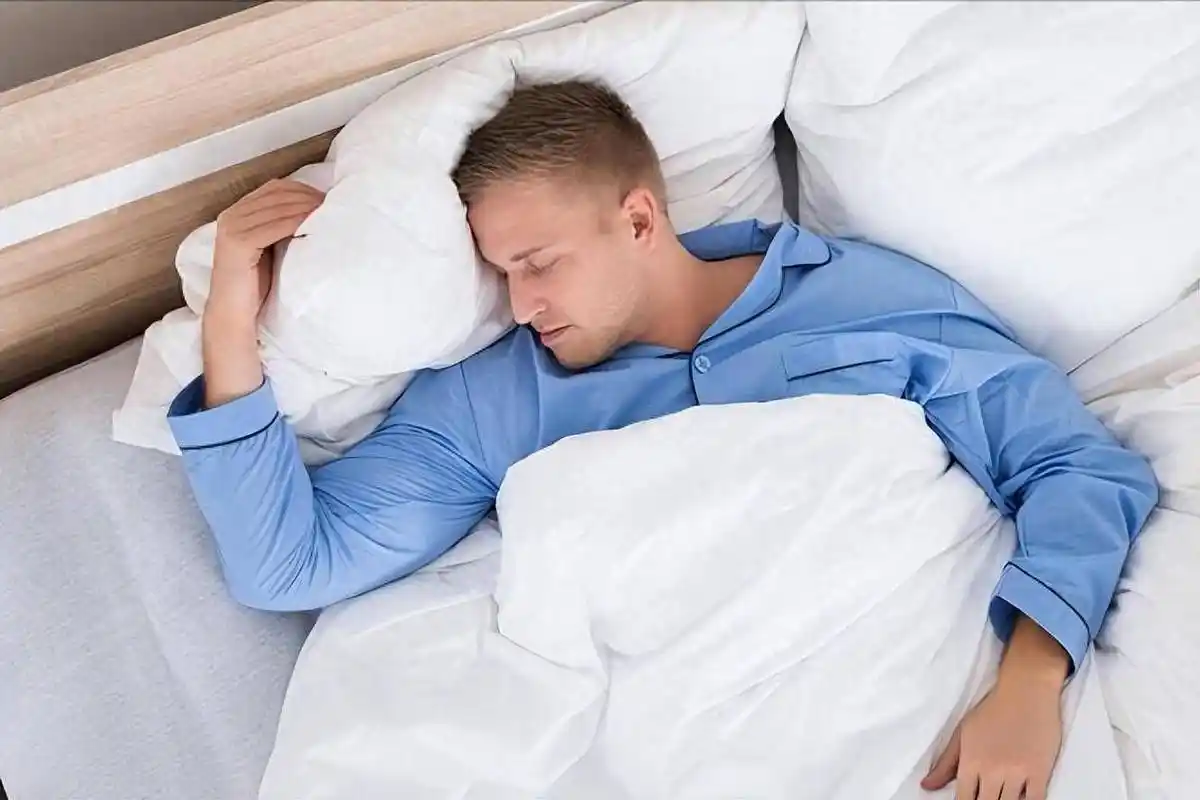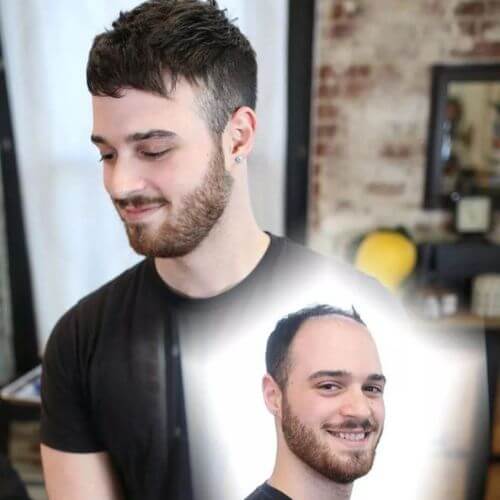Hair thinning is a common concern for many people, and while there are a variety of factors that contribute to hair loss, maintaining a healthy lifestyle—especially regular exercise—can play a crucial role in preventing or slowing down hair thinning. Let’s take a closer look at how exercise can benefit both your hair and your overall well-being.
The Link Between Exercise and Hair Health Exercise is known for its ability to improve cardiovascular health, boost energy levels, and reduce stress. But did you know that regular physical activity can also positively impact the health of your hair? Here’s how:
Exercise is known for its ability to improve cardiovascular health, boost energy levels, and reduce stress. But did you know that regular physical activity can also positively impact the health of your hair? Here’s how:
Improved Blood Circulation
One of the key benefits of exercise is improved blood circulation. When you engage in physical activity, your heart rate increases, promoting better blood flow throughout your body, including your scalp. This enhanced circulation delivers more oxygen and essential nutrients to hair follicles, which can stimulate hair growth and reduce hair thinning over time. By increasing the supply of nutrients, exercise helps to nourish the scalp, creating an optimal environment for healthy hair growth.
Reduced Stress Levels
Stress is a well-known contributor to hair thinning and hair loss. Conditions like telogen effluvium, which can cause temporary hair shedding, are often triggered by high levels of emotional or physical stress. Exercise is one of the most effective ways to reduce stress and its harmful effects on the body. Activities like yoga, swimming, or even brisk walking promote the release of endorphins—our body’s natural “feel-good” hormones—which help to alleviate anxiety and stress. By managing stress through regular exercise, you’re reducing one of the leading causes of hair thinning.
Hormonal Balance
Hormonal fluctuations are another common cause of hair thinning, especially among women. Exercise helps to regulate hormones, particularly the stress hormone cortisol, which is often elevated in individuals who are under pressure. High cortisol levels can have a negative impact on hair growth, but by incorporating exercise into your routine, you can help to balance hormone levels, potentially reducing the risk of hair thinning related to hormonal imbalances.
Increased Scalp Health
Regular physical activity helps to maintain a healthy scalp by promoting better sweat gland function. Sweat plays a role in clearing out clogged pores on the scalp, preventing conditions like dandruff or folliculitis that can hinder hair growth. Additionally, exercise can help to regulate the oil production in your scalp, ensuring that your hair stays healthy and well-nourished.
Better Sleep Patterns
 Sleep is another important factor when it comes to hair health. Inadequate sleep can contribute to increased levels of stress and disrupted hormone levels, both of which can affect hair growth. Regular exercise, especially in the form of aerobic activity, can help improve the quality of your sleep. The better rest you get, the more your body is able to repair and regenerate, including the cells that support hair growth.
Sleep is another important factor when it comes to hair health. Inadequate sleep can contribute to increased levels of stress and disrupted hormone levels, both of which can affect hair growth. Regular exercise, especially in the form of aerobic activity, can help improve the quality of your sleep. The better rest you get, the more your body is able to repair and regenerate, including the cells that support hair growth.
Tips for Incorporating Exercise Into Your Routine
Now that we’ve established the benefits of exercise for preventing hair thinning, here are a few tips on how to incorporate more physical activity into your life:
Aim for consistency: Try to make exercise a regular part of your routine. You don’t need to overdo it—aim for at least 30 minutes of moderate-intensity exercise, like brisk walking or cycling, 3-5 times a week.
Mix it up: Include both aerobic exercises (like running or swimming) and strength-training exercises (such as weightlifting or yoga). This balanced approach will help improve overall health and benefit your hair in various ways.
Manage stress: While high-intensity workouts can be great for fitness, don’t forget to include stress-relieving activities like meditation, yoga, or deep breathing exercises. These practices can help lower cortisol levels and reduce the chances of stress-induced hair thinning.
Stay hydrated: As you exercise, make sure to drink plenty of water. Proper hydration is essential for maintaining healthy hair, as dehydration can lead to dry, brittle hair.
Healthy nutrition: Exercise is most effective when combined with a well-balanced diet rich in vitamins, minerals, and proteins. Foods like leafy greens, nuts, seeds, and lean proteins can support your hair growth and overall health.
Conclusion
Regular exercise isn’t just good for your body and mind—it can also be a great tool for preventing hair thinning. By improving blood circulation, reducing stress, balancing hormones, and supporting overall scalp health, physical activity can help keep your hair strong and vibrant. So, get moving and reap the benefits of a healthier lifestyle that supports not only your fitness goals but your hair’s health too.





